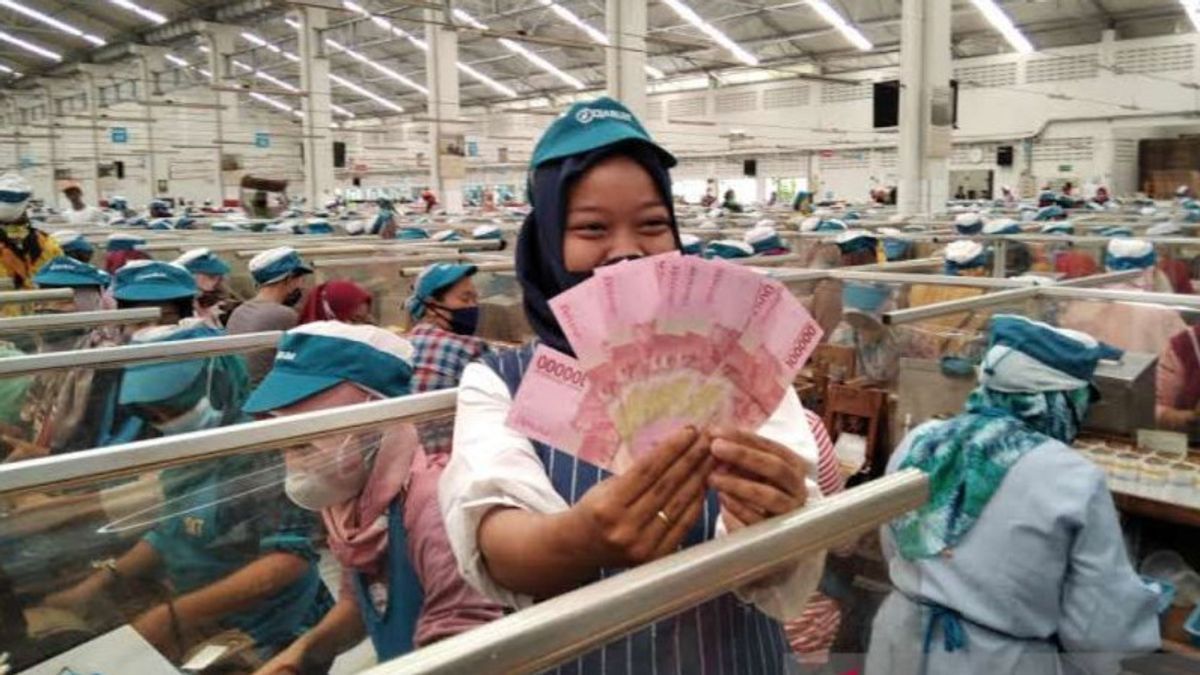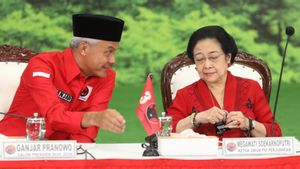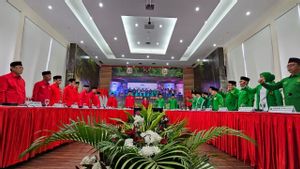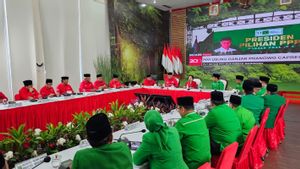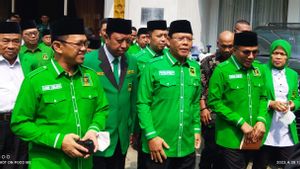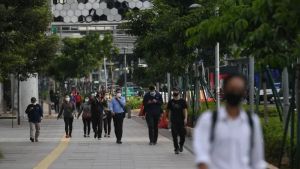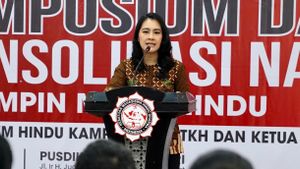International Labor Day or May Day is celebrated every May 1 throughout the world. In Indonesia, this commemoration is often accompanied by demonstrations carried out by workers. However, along with the times, the problems faced by the workers are also increasingly complex. One of the problems that often arise is the difference in interests between workers and employers. Workers often feel that their rights are ignored by entrepreneurs, as is the demand for the revocation of the Omnibus Law and changes to the Job Creation Law.
The workers also face problems related to reducing wages by employers. Some time ago, the workers even held demonstrations as a form of protest against Permenaker Number 5 of 2023 regarding regulations that were considered to allow employers to cut labor wages by 25 percent. However, on the other hand, entrepreneurs also face problems in particular, especially related to the increase in the minimum wage of workers. The polemic between workers and employers regarding the determination of the minimum wage in 2023 is one example that illustrates the differences in the interests of both parties.
It is undeniable that the employment problem in Indonesia cannot be separated from the unstable condition of the country's economy. Therefore, good cooperation is needed between workers, employers, and the government to solve various existing problems. The momentum of commemorating Labor Day can be used as an opportunity to strengthen togetherness and improve employment conditions in Indonesia.
Since the beginning of the industrial revolution in the 18th century, the relationship between workers and entrepreneurs has always been a problem that has attracted the attention of many parties. The striking difference in interests between the two parties, often results in prolonged conflict and tension. Even so, in Indonesia itself, Industrial Relations between workers and employers are estimated to have lasted more than a century.
Over time, the conflict between workers and employers has become increasingly complex. Several issues such as wages, working hours, employee rights, job protection, and negotiating rights are often the main topics in discussions and actions organized by workers. For example, the May Day action which will be held by thousands of workers on May 1, 2023, demands the revocation of the Omnibus Law on Job Creation, an increase in the minimum wage, and others.
On the other hand, entrepreneurs also have interests that are no less important. They want productivity and high efficiency in their business operations in order to compete in the global market. To achieve this, entrepreneurs need pro-business regulations and policies, including flexibility in terms of wages and negotiating rights. In reality, this often collides with the interests of workers.
This is exacerbated by government policies that are considered detrimental to workers, such as the Job Creation Law which was passed in October 2020. According to several circles, this law is considered to be beneficial to employers and detrimental to workers. This is considered to have an impact on the lack of job protection for workers and makes it easier for employers to take actions that harm workers.
In this complex situation, a wise and fair approach is needed from all parties involved. The government as a regulator, is expected to pay attention to the interests of both parties and formulate policies that can accommodate both interests in a balanced manner. It must be remembered that workers or workers are assets. So that employers must consider the basic rights of employees, including the right of negotiation and job protection, as part of the company's social responsibility. Meanwhile, workers also need to understand the needs of entrepreneurs in increasing the productivity and competitiveness of the company, as well as considering the economic and business conditions that the company is facing. There are several things that can be done to improve this situation, one of which is by increasing dialogue and negotiations between the two parties, as well as avoiding unilateral actions that can make the situation worse.
另请阅读:
In addition, the government can help strengthen the role of trade unions and provide stronger protection for workers' rights, so that they can be more equitable in negotiating with employers. The government can also increase supervision and law enforcement against violations of workers' rights, including the right to get a decent wage and safe working conditions.
The role of media and civil society is also very important in overseeing policies and actions carried out by the government and both parties. By providing accurate and transparent information and criticizing actions that harm one party, the media and civil society can play an important role in encouraging a fair solution for both parties.
In an effort to improve the complex situation between workers and entrepreneurs, it is necessary to be aware and determined by all parties to fight for their respective rights and interests in a balanced and responsible manner. Thus, it is hoped that a more harmonious and mutually beneficial work relationship can be realized for both parties, as well as the creation of conducive conditions for the overall progress of the Indonesian economy.
The English, Chinese, Japanese, Arabic, and French versions are automatically generated by the AI. So there may still be inaccuracies in translating, please always see Indonesian as our main language. (system supported by DigitalSiber.id)
